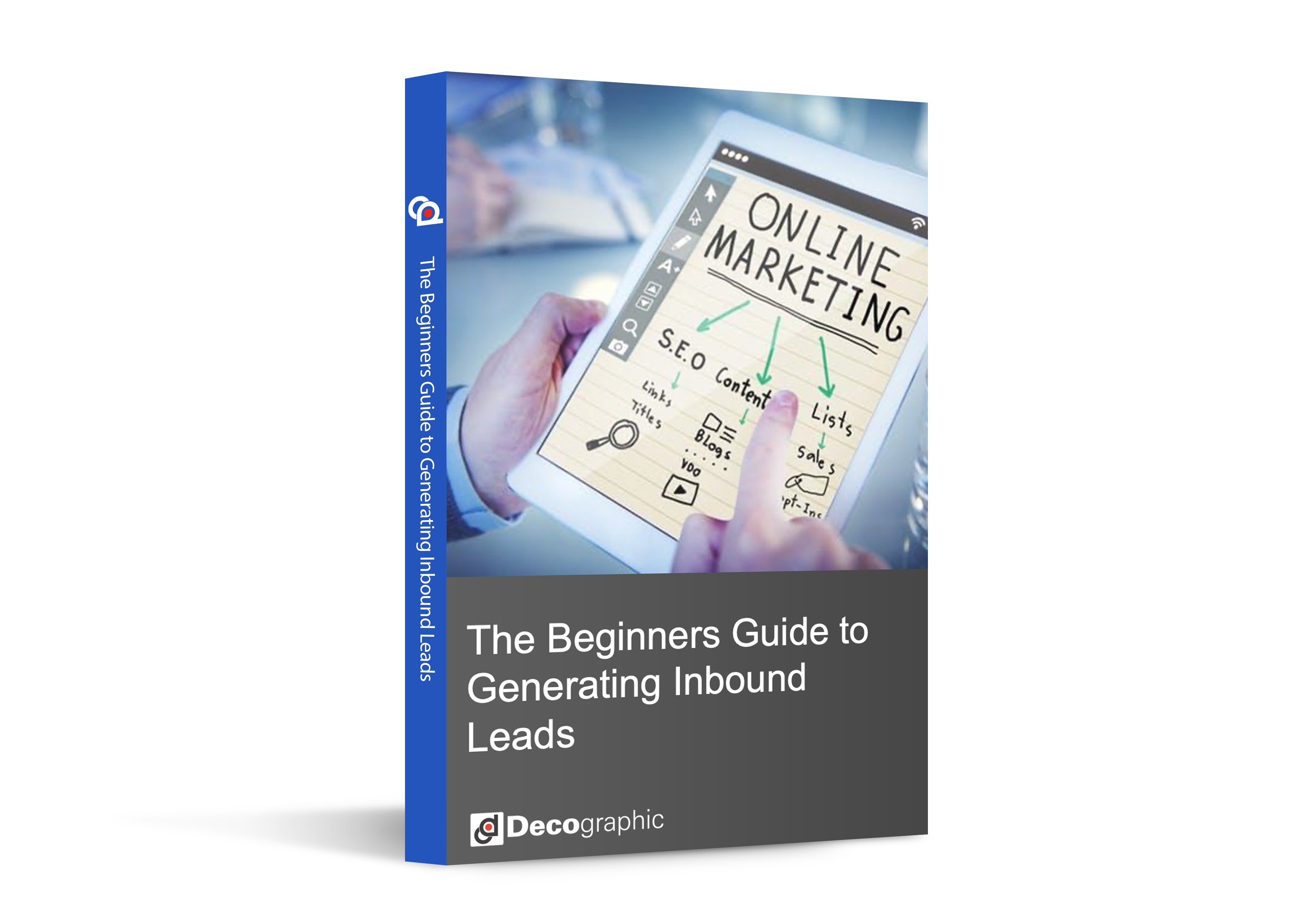What is Strategic Marketing and How Can it Help Your Business?
Marketing is the action you take to attract an audience to your business. The goal is to get people interested in what you have to offer and share information with them to help in the decision-making process. Because a business needs to attract customers, you should be able to know who to attract and how to effectively target your audience. This is essential for your marketing efforts to be successful.
One way to get this information is through strategic marketing.
What is strategic marketing process?
Strategic marketing is defined as the process that involves conducting research and establishing goals and objectives that will maximize the effectiveness and success of your overall marketing strategy. Strategic marketing is beneficial because it helps you be more intentional with your marketing. You will be able to determine the right target audience, market, and the kind of medium to use. This way, you'll be sure that your marketing campaigns are well-planned, effective, and shown to the right people.
Strategic Marketing Process Phases
- Planning Phase
This is the first phase in strategic marketing and the most critical step. In this stage, you’ll have to identify your business purpose, needs, and the goals and objectives you want to accomplish. This is critical information as it will be challenging to process the next steps if you fail to understand the purpose behind your marketing efforts, which makes it even harder to create a solid plan that helps you succeed.
- Analysis Phase
In this phase, you need to take an outward look at how your company measures up to your competitors and your industry. This is also the stage where businesses conduct market research and competitor analysis.
Market research is being conducted to give you an understanding of what your industry looks like, the current trends, market share, and the overall sense of the playing field. It will uncover information that will validate your goals and objectives and it will let you know if they are achievable.
A competitor analysis will teach you the ins and outs of how your competition works, their position in the industry, and the possible gaps in the market that you can take advantage of. It will also let you see the competitor’s customer testimonials to get a sense of what your target audience is looking for that they do not provide and use this as an opportunity to produce something that they need.
- Development Phase
After setting a clear picture of the industry and how you should present yourself in the market, you need to establish the marketing tactics that are informed by your strategic marketing process. In this stage, the marketing mix will be used. These are product, price, place, and promotion.
- Implementation Phase
The final phase is when you begin to implement your marketing efforts. You will be putting things into action based on your planning and market research. This is also the time where you will launch your product and begin seeing sales. You also need to take the time to review the process and make changes, as necessary. The market is constantly evolving, and you may need to re-address certain things in these phases because of new trends or changing consumer interests.
How does lead generation fit into the whole inbound marketing methodology?
What are the steps of the lead generation process?
Download the eBook below to learn what online lead generation is and why your business needs it,
how you qualify someone as a lead, how to generate leads, and why inbound lead generation is much
more effective than simply buying leads.





